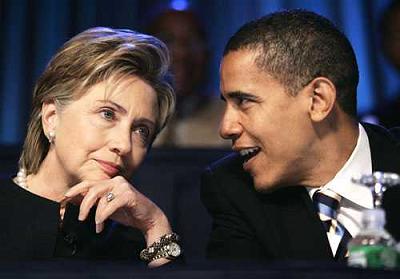
Grand Lodge of Free And Accepted Masons of the District of Columbia Hosts 9th Annual World Conference of Masonic Grand Lodges
(Vocus/PRWEB ) April 25, 2008 — For the first time ever, the Grand Lodge of Free And Accepted Masons of the District of Columbia will play host to a historic and grand event, the 9th World Conference of Masonic Grand Lodges, at the Renaissance Washington DC Hotel, May 7th, 2008 through May 10th, 2008.
This conference will bring together international Masonic leaders comprised of high-level officials in government, business and civic service. Specifically, large delegations from Africa, Latin America and Europe are expected to be in attendance. Masonic leaders will discuss how the Society of Freemasonry can utilize its position to promote universal understanding, enlightened ideas, and goodwill globally.
Members of the press are invited to cover keynote speakers, banquets, the World War II Memorial wreath-laying and Masonic award ceremonies. Congressman John Lewis (D-GA) is to be honored at a reception on Thursday, May 8th in the Cannon Caucus Room on Capitol Hill for his lifetime dedication to civil rights. Congressman Joe Wilson (R-SC) will be honored during the May 10th banquet with Freemasonry’s Medal of Freedom for his commitment to preserving freedom and liberty across the globe. A number of educational scholarships will also be presented at the May 10th closing banquet, with college scholarships being awarded to 15 D.C. public high school graduating seniors as well as two current American University students.
On May 10th, at 11:00 a.m., a public wreath laying ceremony will be held at the National World War II Memorial to recognize all Freemasons killed during World War II.
As the world’s oldest and largest fraternal society with more than half of its membership in the United States, Freemasonry has a rich history of involvement in the founding of America and her development for over two centuries. The 9th World Conference of Masonic Grand Lodges will be the largest international public gathering of Freemasons in Washington D.C. since the laying of the cornerstone of the U.S. Capitol building by President and Freemason George Washington on September 18, 1793.
For more information about all events please contact 202-686-1811. Media must RSVP due to security.
Related

